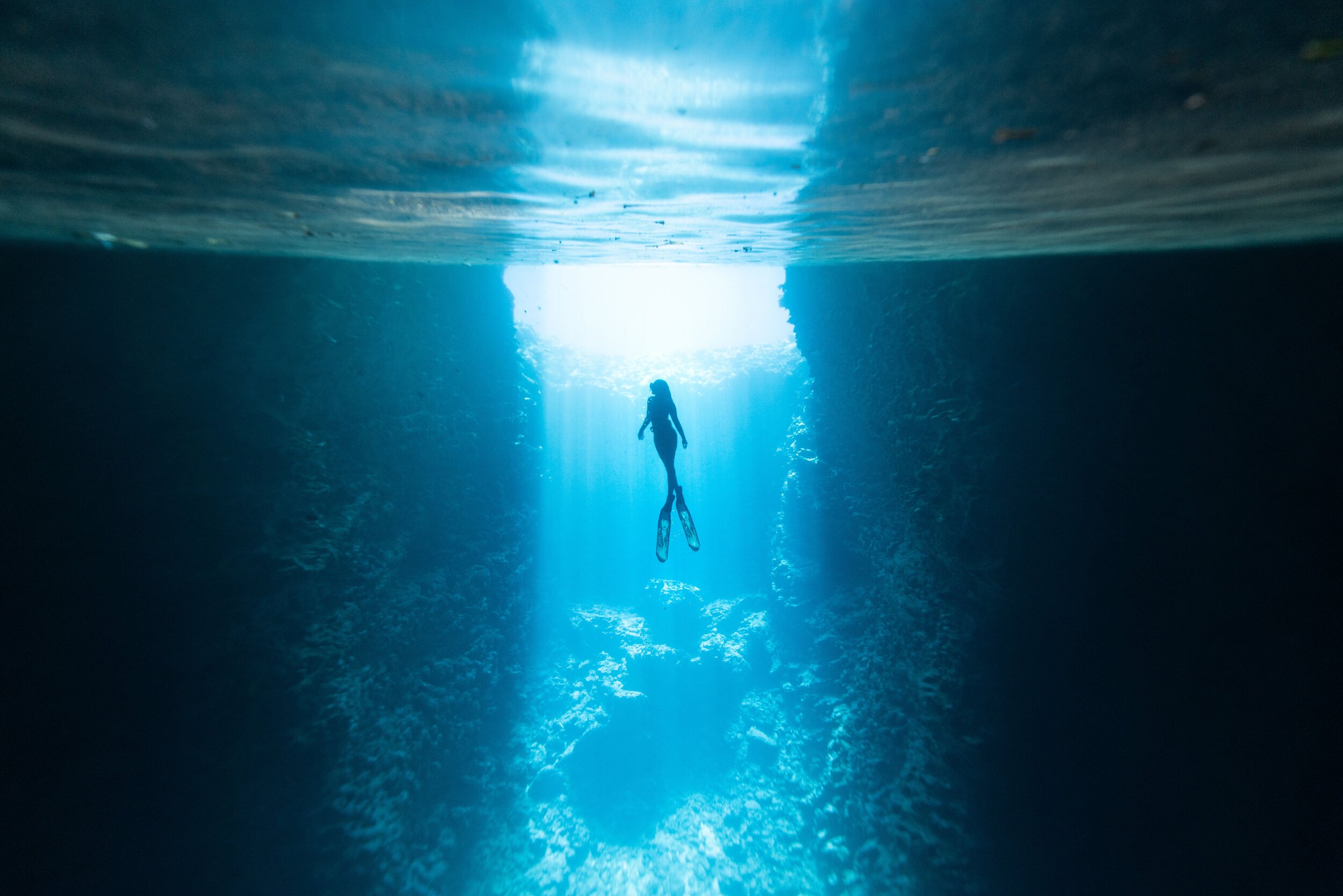Travel photography came to a halt in March 2020, with many photographers finding alternate ways to express creativity and make money during the pandemic. For Erin Sullivan, the world got much smaller.
A travel photographer, outdoor expedition leader and host of the REI mini-series In Our Nature, Erin began to experiment with miniature photography. She crafted grand scenes of outdoor adventure from the confines of her Los Angeles apartment.
The result: a photo series titled 'Our Great Indoors' that went viral on social media.
Brands such as Adobe, Nature Valley, Paul Mitchell and Cathay Pacific have since worked with her to create imagery or craft Instagram campaigns. Erin uses Instagram to not only showcase her work but expound on responsible tourism, ethics in travel photography and overcoming harassment as a female in the largely male-dominated travel photography space.
Recently, Erin joined with Photographers Without Borders (PWB) Founder Dani Da Silva as part of PWB’s ongoing “Storytelling for Change” webinar series. Below are edited excerpts from the discussion.
Dani Da Silva: Can you talk about the problems that exist in the travel industry that you're particularly concerned about?
Erin Sullivan: Right now, a lot of the world is awakening to systems of racial oppression and injustice that have been around for a long time. And I've been seeing that more specifically in my circles of travel photography and the outdoor industry.
Within the travel industry, you have to think about the power dynamic that exists when there's a camera. Think about phrases like "taking a photo" or "capturing a photo." These words indicate a power structure.
Say that I'm visiting an African country, like Kenya, and I have my camera. I'm walking around a village, and I'm taking photos. If I'm taking a photo of a kid, did I ask their parents for permission? Where are those photos going to end up? Am I perpetuating a negative stereotype? I also have to consider the history of colonization and the history of missionaries in these countries.
There are so many dynamics at play, so many things that storytellers need to consider because we can end up making photos that perpetuate a harmful stereotype. It can be totally unintentional and innocent. But unfortunately, it's not the intent that's going out there. The context is really important, no matter what your intention is.
Images by Erin Sullivan
Da Silva: How does the way you position yourself influence the way you tell stories?
Sullivan: I can't remember the quote exactly, but someone said "When you're used to having all of the power, equality feels like oppression." Certainly, over the years, I've thought, "Am I going to lose jobs because I'm not a woman of colour?" I don't think we need to push those thoughts away. Instead, we need to catch them and think, "Oh, that's a triggering insecurity. Why is that triggering interesting?"
Then, really look at it and figure out why it's uncomfortable. We often don't realize that people of colour haven't had many opportunities until very recently. And the way to move forward is to uplift all voices, especially the ones that haven't had a stake before.
Da Silva: How has this awareness influenced your lens as a storyteller?
Sullivan: Personally, I'm on the road of unlearning and unpacking my privilege. I'm always asking myself how can I really contribute here, and how can I share a story rather than tell a story if it's not mine to tell?
If I'm just inserting myself into a story that's not appropriate for me to be in, then I would rather make a connection that gets the story to the right place or to the right photographer. The biggest way that this plays a role in my personal work is that I end up being more collaborative because I recognize that I'm not right for every job. That's helping me learn so much more and to become a better citizen of the world. I really try to listen more than I speak.
Images by Erin Sullivan
Da Silva: How can we become better travellers and photographers when we're not in our own community?
Sullivan: A way to collaborate is to listen first, and to share other people's work and words. As you do that, you'll make authentic relationships. From authentic relationships comes authentic collaborations that are based on similar values.
Sometimes, the camera can be a good conversation piece. But I would argue that more often than not, it creates a separation because of the power dynamic that we talked about. So becoming a better travel photographer is to have our cameras out less and to form relationships first. So when you do take the camera out, there's a level of trust and comfort—and you have permission from the folks you're photographing.
To watch Erin Sullivan's entire webinar, join our community by becoming a PWB community member. As a member, you'll have access to all "Storytelling for Change" sessions featuring notable photographer storytellers from around the world.




